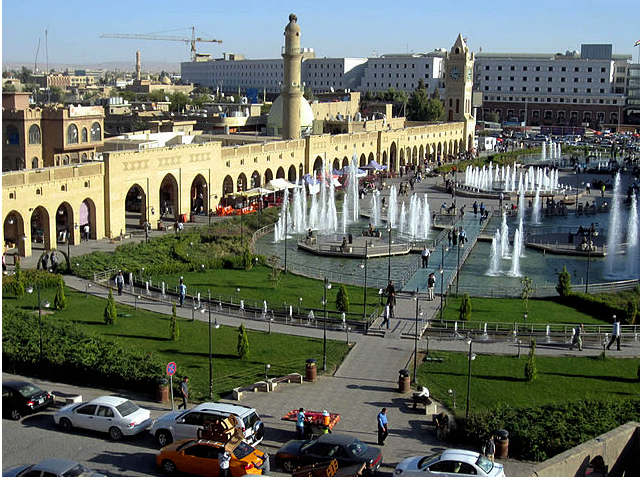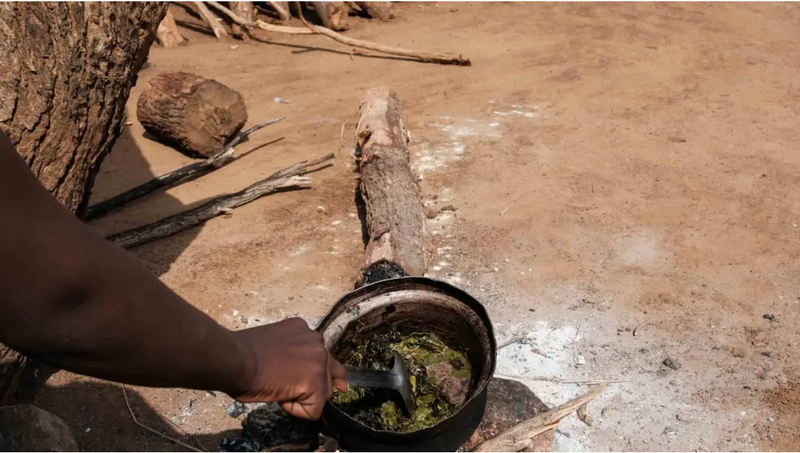US Bans 14 Iraqi Banks in Crackdown on Iran Dollar Trade
According to US officials, the Treasury Dept. and the Federal Reserve (Fed) Bank of New York have barred 14 Iraqi banks from conducting US dollar transactions as part of a crackdown on transferring US currency to Iran and other sanctioned countries.

Facts
- According to US officials, the Treasury Dept. and the Federal Reserve (Fed) Bank of New York have barred 14 Iraqi banks from conducting US dollar transactions as part of a crackdown on transferring US currency to Iran and other sanctioned countries.1
- The US alleged that Iran has manipulated the currency auction, in which Iraqi banks buy dollars at a fixed rate and sell them on the street at a much higher price. The dollar is the de facto Iraqi currency, as the Central Bank of Iraq requests dollars from the Fed, which it then sells to private banks and other financial institutions.2
- This comes after the US in November enacted tighter restrictions on wire transfers. Before the restrictions, Iraqi bankers exchanged roughly $200M per day on average, but that fell to $56M by late December, sparking a collapse in the Iraqi dinar and surging prices for imported goods.2
- Since the dollar flooded Iraq in the wake of the 2003 US invasion, the banks have relied on the currency trade as they have few depositors and make a small number of commercial loans. However, they also formed alliances with Iraq’s powerful militias and politicians to secure access to US currency.3
- Iraq and Iran recently signed a deal to exchange Iranian gas for Iraqi crude oil to ensure a smooth flow of the supplied gas and help avoid US sanctions, with Iraqi PM Mohammed Shia Al-Sudani alleging that US sanctions led to a 50% drop in Iranian gas supplies and thus negatively affected electricity production in Iraq.4
- Regarding this latest move on the banks, the US claims the ban shouldn't have much of an impact as the 14 banks combined held only 1.29% of Iraq’s total banking assets. However, it could worsen the exchange rate, which stands at 1,470 dinars to the dollar, down from 1,620 earlier this year.3
Sources: 1Reuters, 2Middle East Eye, 3Wall Street Journal, and 4Iraqi News.
Narratives
- Pro-establishment narrative, as provided by Washington Post. Recent US sanctions on Iraq are necessary, as the Iraqi government and its banks have both publicly and privately made deals with Iran. Hopefully, after enduring a blow to its electricity sector and announcing a deal with French energy company TotalEnergies, Baghdad will end its dangerous relationship with Tehran and pursue economic deals with non-sanctioned countries.
- Establishment-critical narrative, as provided by Al Jazeera. While Iraq could eventually become a world-leading oil exporter and oblige the US' calls to become energy independent, Washington has been pushing Baghdad too hard too fast. This has led to gas shortages and a subsequent electricity crisis fueling protests in the streets. For now, Iraq still needs to import oil from Iran, or else its economic woes will continue.






